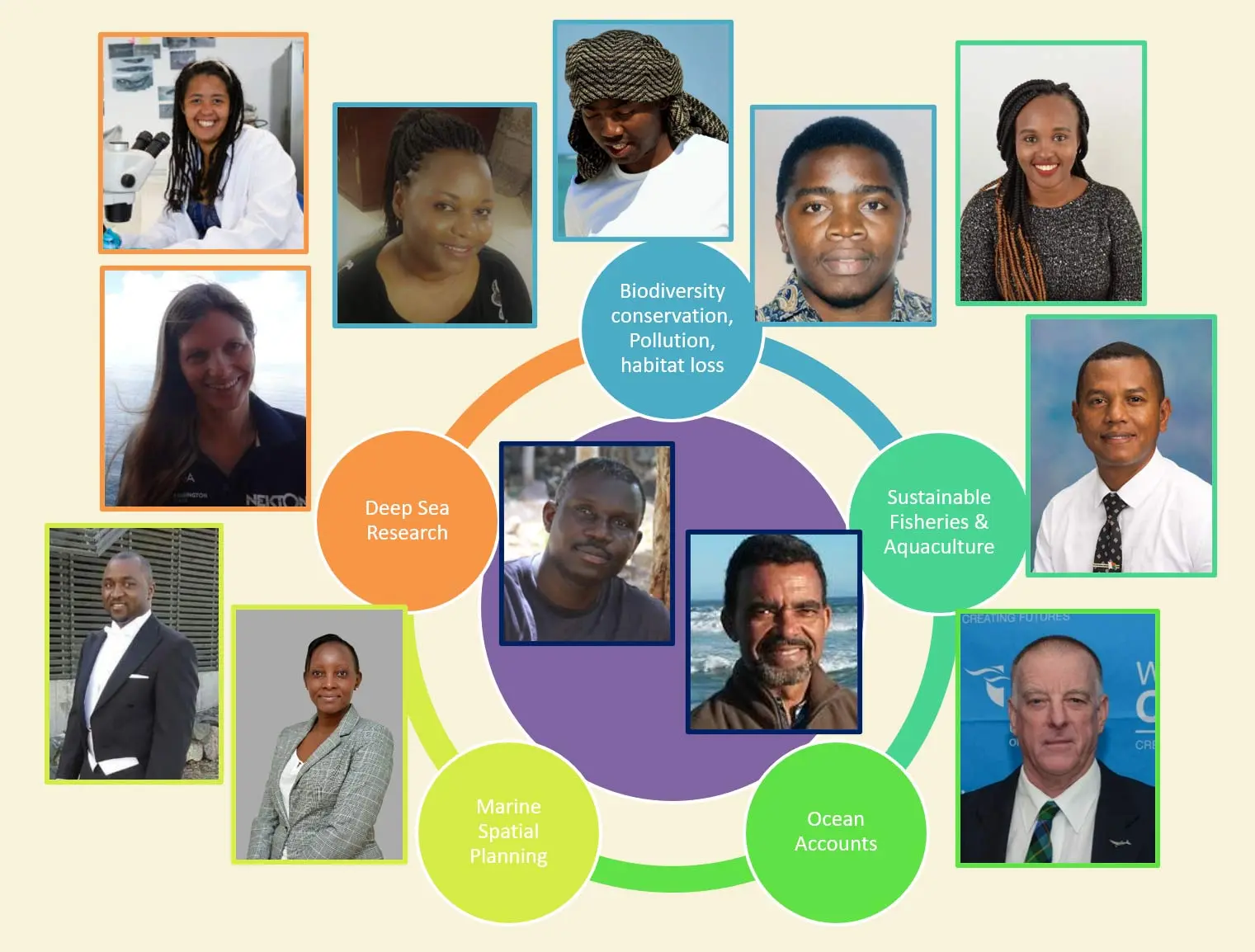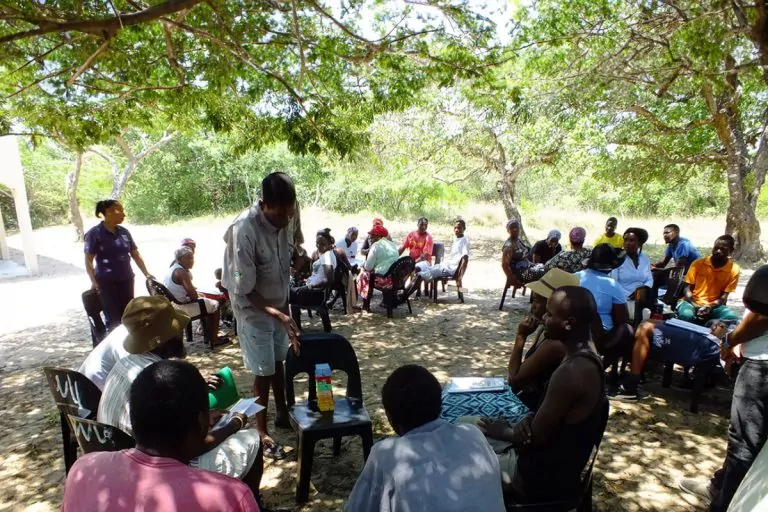Feature
Because personal connections create ocean change
Co-Design in the West Indian Ocean Governance & Exchange Network (WIOGEN)
Shortly after WIOGEN’s 2019 kick-off meeting in Zanzibar, the global Covid-19 pandemic hit. Instead of gathering around flipcharts in the conference room or brainstorming during an evening beach walk, Dr. Shannon Hampton of the International Ocean Institute-Southern Africa (IOI-SA) was stuck at her desk at home, wondering how on earth to kickstart a fruitful exchange between researchers and policy makers in both Africa and Germany.
Co-Design at WIOGEN
How can she best collaborate with her German counterpart, Rebecca Lahl of the Leibniz Centre for Tropical Marine Research (ZMT) to develop a new network that lives and breathes collaboration?
The two project leads had to find ways to adapt to the new reality, frequently meeting online across continents and constantly adjusting the network’s activities. Thankfully, their approach followed the process of co-design, which offered the flexibility they needed to make WIOGEN work as a network far removed from business-as-usual science collaboration.
What is Co-Design?
Co-Design is an “iterative and collaborative process involving diverse types of expertise, knowledge and actors to produce context-specific knowledge”.
(Norström AV et al. 2020. Principles for knowledge co-production in sustainability research. Nature Sustainability 3:183)
Co-design aims to create a space where scientists and non-academic stakeholders work together, bridging the gap between science and society to achieve knowledge integration and sustainable societal impact. This requires researchers to move away from thinking inside of disciplinary and purely academic boundaries towards transdisciplinary research that is inclusive, collaborative and adaptive. This approach is ingrained within WIOGEN from the start: “WIOGEN is about breaking down these silos,” Hampton states, “these very single-minded approaches to research to try and get people together and work together, understand each other a bit better.”
Why Co-Design at WIOGEN?
“The main objective and purpose of co-design is to discover unique perspectives through collaboration of various stakeholders from the community level, different scientific and multi-disciplinary backgrounds, professions, regions to the policy makers and having them all contribute to key decisions.”
Stephanie Wangare Kamau Adamba, Fisheries Specialist at Kenya Fisheries Service, WIOGEN Sustainable Fisheries and Aquaculture working group co-lead
A Partnership of Equals
Following the MeerWissen philosophy, WIOGEN aims to expand the conversation on ocean governance in the Western Indian Ocean region, setting new standards for research collaborations and knowledge exchange. To achieve this, WIOGEN is founded on a partnership of equals, built on a shared responsibility and ownership of members from in Africa and Germany. Activities and measures are developed together by the network members, ensuring that they fit the local demand and respond to real policy needs on the ground. This helps build trust and creates a basis for effective collaboration on research-informed policy.
WIOGEN’s themes
The network members established five working groups: Marine Spatial Planning (MSP) and Integrated Coastal Management (ICM), Ocean Accounting , Deep Sea Research, Sustainable Fisheries and Aquaculture, as well as Biodiversity Conservation, Pollution and Habitat Loss.
The working groups breaks down WIOGEN’s activities into broad themes to increase science policy uptake and improve ocean governance. The groups act as communication platforms amongst members within the thematic areas to map out network members’ needs, and then to take action to close the gaps in science to policy in the Western Indian Ocean region. Structuring WIOGEN according to themed working groups has facilitated members to host different tailored activities at the same time, while staying in close contact with the projects of the other groups, feeding off each other through regular exchange and WIOGEN’s common management structure.
The four phases of co-design at WIOGEN
Common agenda and shared vision
At WIOGEN’s kick-off meeting, members were asked to provide their input to create WIOGEN’s shared vision and common agenda. The initial network aim, to create a transdisciplinary science partnership through diverse and inclusive engagement in the Western Indian Ocean region, quickly shifted to a strong focus on social policy: as Julius Francis, the Executive Secretary of the Western Indian Ocean Marine Science Association (WIOMSA) at the time, highlighted in his input on the experiences in the WIOMSA network, better science communication and collaborations with the private sector are areas where WIOGEN can further the usefulness of transdisciplinary research in social policy.
Over the years, the network members have adapted WIOGEN’s agenda and vision, drawing from their shared experience in science-to-policy practice: that personal connections create ocean change. For this purpose, WIOGEN has developed into a fully trans-disciplinary coalition of researchers and policy makers working in academia, civil society and government in the region.
Stakeholder Engagement
To engage with a wide range of stakeholders, WIOGEN reached out to researchers and policy makers in established professional networks to encourage them to join WIOGEN. The two-day kick-off conference in November 2019 brought together 40 delegates from eight countries. From the start, the members of the fledgling network working in the Western Indian Ocean region were asked for input from their individual perspective: Which ocean governance needs are there in the region? And what can WIOGEN do to support the frameworks and processes that are already in place?
After joining one of the five thematic working groups, the participants of each group then elected one member to represent them in WIOGEN’s management committee. The committee meets regularly with the network’s coordinators from IOI SA and ZMT, who organize whatever the working group members need to fill in the gaps in science policy uptake and ocean governance.
Project and partnership management
The network’s coordinating team meet every week to touch base, take stock of the current requests by the management committee and to discuss which materials to prepare for the committee meetings. This close-knit working relationship of the joint African-German leadership and the management committee lays the groundwork for an effective project and partnership management that could constantly be adapted not only to shifting needs, but also to the global realities of the COVID-19 pandemic.
Despite lockdowns and travel restrictions, WIOGEN has managed to fund four network exchanges of WIOGEN members to workshops and conference of partner organizations, for example Small-Scale Fisheries and the African Dialogue on Ocean Accounting. The co-leads brought the network fully into the digital sphere, staging six virtual trainings and webinars on issues such as science communication via social media (producing policy briefs, stakeholder engagement, and ocean accounts. To boost young researchers’ visibility during the pandemic, the co-leads also came up with a website concept to showcase young researchers’ personal profile and areas of expertise.
Sustainability
In June 2022, WIOGEN came together in person for the first time since the kick-off meeting at the MeerWissen network meeting in Zanzibar to discuss the sustainability of WIOGEN in the years to come. The aim to establish a permanent, certified graduate school is currently being discussed, as well as the call to extend WIOGEN’s co-designed network to the entire African continent. The one-off virtual workshops and training events conceived during lockdown have already been developed further as a sequence of seven interactive online micro-workshops taking place in mid-2022 and will be turned into a long-term series of training events for graduates and policy makers on ocean governance. WIOGEN continues to listen to its members’ needs, and network members are encouraged to contribute their ideas for further topics they wish to be added at any time.
WIOGEN’s Ocean Governance Conference
The WIOGEN co-leads’ organizing efforts culminated in a three-day Virtual Ocean Governance Conference with more than 50 presentations. Over 300 participants not only discussed WIOGEN’s key themes, but they were also encouraged to share their ‘Ocean Governance Dreams’ on a collaborative writing platform which were then incorporated into the discussion on WIOGEN’s sustainability in 2022. Contributions to ocean governance and science policy partnership will be published in a special edition of the Western Indian Ocean Journal of Marine Science on the Ocean Governance conference, and all presentations are available on the WIOGEN YouTube channel.
The conference ended with a direct address by Dr. Paubert Tsimanaoraty Mahatante, co-lead of the Sustainable Fisheries and Aquaculture working group. Dr. Mahatante has literally put the science-to-policy transfer into practice: as both a marine scientist and the recently appointed Minister for Fisheries and Blue Economy in Madagascar, he is using both his scientific knowledge and the collaborative spirit of WIOGEN to advocate for continuing exchange across the Western Indian Ocean region.
WIOGEN today and tomorrow
On a sunny Wednesday in June 2022, the entire MeerWissen community were finally able to meet in person at their networking event at Zanzibar’s scenic ocean coast. Small groups of network members are engaged in lively conversation, others are huddled around cork pinboard, writing keywords on coloured cards and pinning them to the board. The relief of meeting in person after years of lockdown is palpable, and thanks to the groundwork laid during WIOGEN’s co-design process, network members can seamlessly carry on exchanging ideas, knowledge and policy recommendations by thinking outside of rigid institutional boxes. WIOGEN will continue to adapt and facilitate conversations, bearing in mind that early career researchers in particular can be included by continuing to offer virtual activities and therefore reducing travel costs. This is just one example of WIOGEN’S successful use of co-design, which ensures that the network will continue to connect people to create sustainable ocean change.
Stephanie Wangare Kamau Adamba
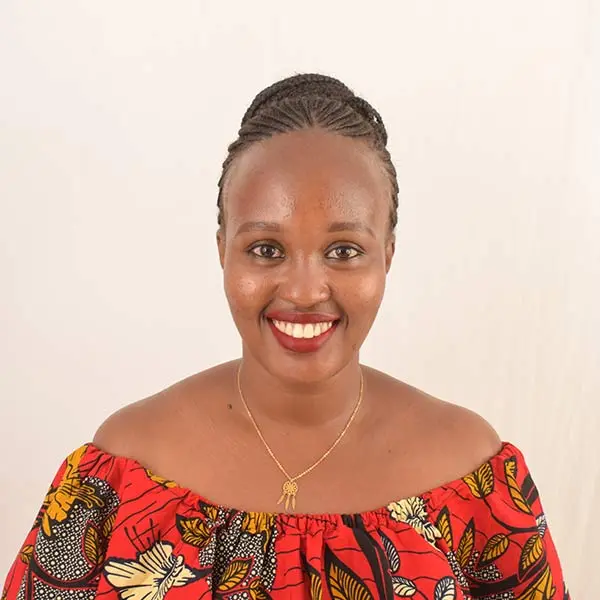
“Co-design in WIOGEN aims at integrating the ideas of various stakeholders so as to come up with sustainable and practical solutions of governing our resource – the Indian Ocean.”
Fisheries Specialist at Kenya Fisheries Service, WIOGEN Sustainable Fisheries and Aquaculture working group co-lead
Rebecca Lahl
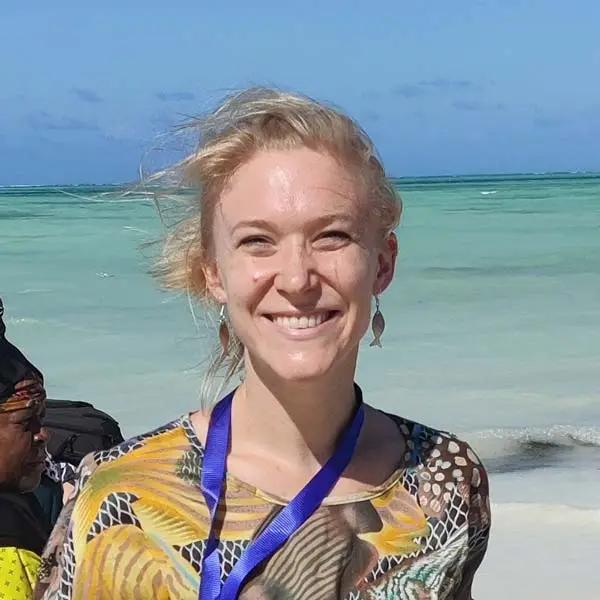
“WIOGEN is a transdisciplinary network that speaks to the needs of its members. Co-design for us means that members choose what they want to learn and how they want to connect. We believe that personal connections create ocean change”.
Leibniz Centre for Tropical Marine Research
WIOGEN project co-lead
Dr. Shannon Hampton
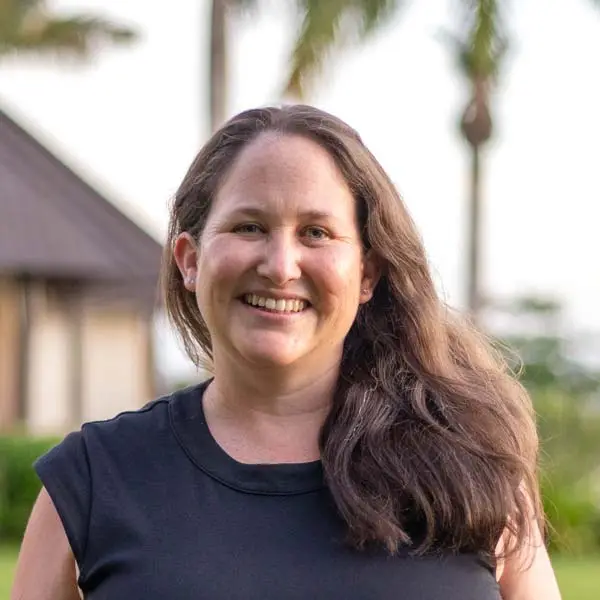
“Co-design provides an opportunity to really meet the needs of stakeholders without assuming what those needs are, this is what we have been striving for with WIOGEN”.
International Ocean Institute– Southern Africa
WIOGEN project co-lead

